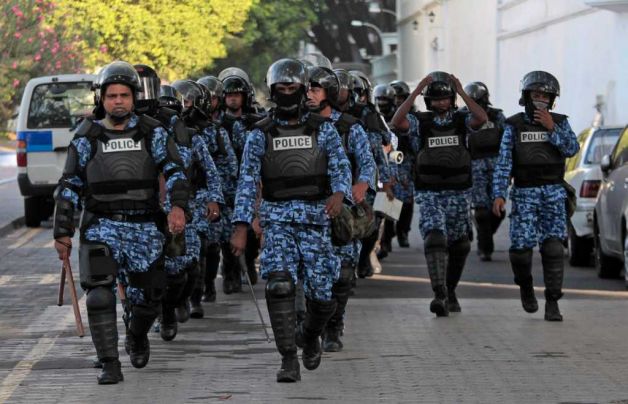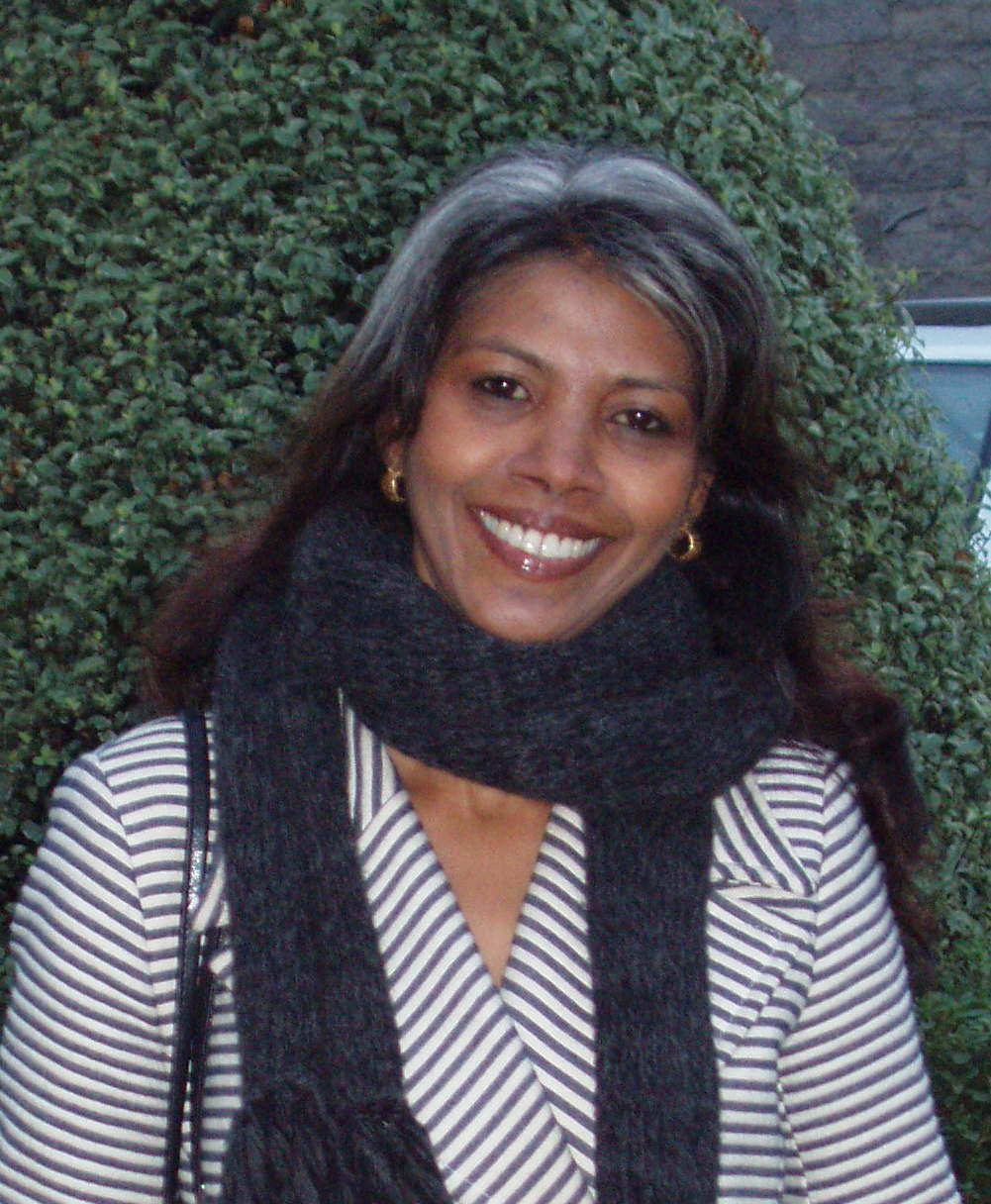
by Azra Naseem
Everybody knows. Without the Maldives Police Service, the coup d’état of 7 February would not have been possible.
It is there, in Ismail Shafeeu’s premature speculation published as the CoNI Timeline. Police refused to obey orders, mutinied, took over state institutions and incited public disorder to an extent that led to the illegal demise of the country’s first democratically elected government. And, thanks to the Inside Man–MC Hameed the former intelligence chief turned whistle-blower–it’s also there in the Ameen-Aslam Coup Report, with details of which officer did exactly what.
From the very beginning, coup planners recognised how important police support was for the successful execution of their plan. The Coup Report says, for instance, that some of its masterminds met in a private apartment in Male’ at a date unknown in September 2011.
In this meeting, the Warrant Officer grade 1 stated that the only way to oust President Mohamed Nasheed from power would be for approximately 500 police and military personnel to come out and protest in Republic Square.
Now that things have gone according to plan, it is becoming clear that the police have been assigned just as crucial a role in sustaining the new regime as they had in installing it.
Continue reading →

